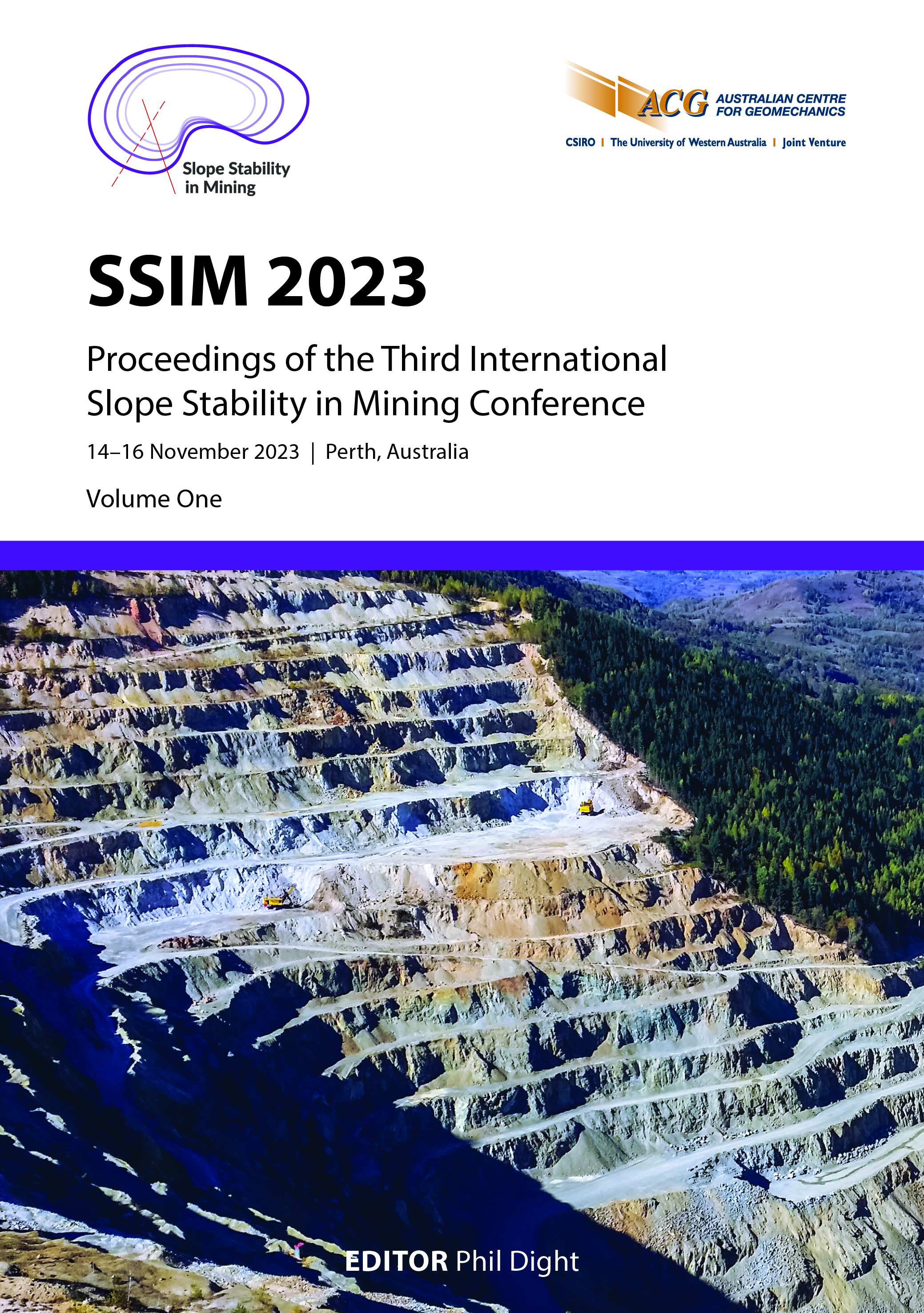The value of senior-level practitioners logging core

|
Authors: Morrell, C; Pere, V |
DOI https://doi.org/10.36487/ACG_repo/2335_36
Cite As:
Morrell, C & Pere, V 2023, 'The value of senior-level practitioners logging core', in PM Dight (ed.), SSIM 2023: Third International Slope Stability in Mining Conference, Australian Centre for Geomechanics, Perth, pp. 551-558, https://doi.org/10.36487/ACG_repo/2335_36
Abstract:
Geotechnical core logging is an important data collection activity in mining project studies as it establishes the foundation for geomechanical properties of the rock and design. However, this activity is often undertaken by junior personnel in their early career stages. A typical large feasibility study drill program may take six months to complete and could have four or more persons doing the logging. Quality assurance/quality control (QA/QC) is an important part of these programs to ensure consistency across multiple logging personnel, make sure scope targets are achieved and to deliver high-confidence datasets. The program outputs become more robust where that QA/QC is undertaken by highly experienced personnel. Having highly experienced senior-level practitioners heavily involved in the logging and QA/QC can add substantial value by driving efficiencies in the rock mass characterisation step of the geotechnical design process, thereby saving time and money during the modelling phase. The value of a robust and timely QA/QC process was highlighted on Rio Tinto’s Winu project where COVID-19 impacts resulted in a high turnover of core logging staff, with many being new to geotechnical core logging. Original proposals for senior-level QA/QC coverage were no longer adequate to achieve scope, and limited personnel availability resulted in sustained senior-level support onsite for much of the project. QA/QC was completed onsite as soon as initial logging was completed, from the two operating drill rigs, which gave constant feedback on achieving scope targets. Golder Associates, now WSP, was able to guide material laboratory testing programs more intimately and also initiate material characterisation early in the drill program. This early access to high-confidence QA/QC-checked data enabled revisions to the drillhole program and geotechnical targets to be made almost instantly. Typically, the level of QA/QC coverage provided by WSP would not be well supported considering the significant number of senior-level hours involved. However, the intangible benefits of this approach were realised as fewer client queries on geotechnical properties were derived from the logging data. In addition, the high confidence in the modelling outputs meant that fewer sensitivities were required, saving time and money during the modelling phase.
Keywords: geotechnical, core logging, COVID-19
© Copyright 2025, Australian Centre for Geomechanics (ACG), The University of Western Australia. All rights reserved.
View copyright/legal information
Please direct any queries or error reports to repository-acg@uwa.edu.au
View copyright/legal information
Please direct any queries or error reports to repository-acg@uwa.edu.au

